Article 14 of the United Nations General Assembly’s Basic Principles and Guidelines on the Right to a Remedy and Reparations provides “an adequate..
Concerning the issue of Reparations for Native Genocide and Slavery, Barbados and other CARICOM states will go the route of diplomacy and not protest.
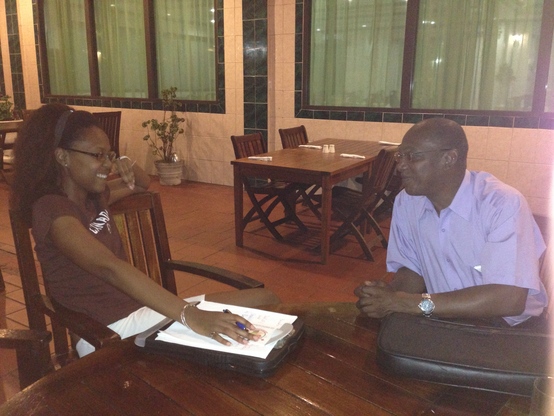
History, my friends, is being made everyday: a phenomenal thing to truly grasp. Historic “shifts,” impacting how we think, what we think and (hopefully) ever nudging the human race to forge new, more resilient paths to justice. Sometimes, however, those shifts are so rapid and so unassuming that their significance can oft times evade us.
Reparations are a Human Right: The 21st Century Reparations Paradigm Paper delivered by Kamm Howard, January 15, 2014 at the 8th Pan African Conference held in Johannesburg, Azania (South Africa)…
N’COBRA’s Testimony at The State of Civil and Human Rights in the United States Hearing Before the Senate Judiciary Subcommittee on the Constitution, Civil Rights, and Human Rights Submitted by…
Members of the Russian parliament are creating a task force to estimate the damages inflicted on Russia by Germany during WWII, in a bid to demand financial compensation from the German state almost 70 years after the end of the conflict, Russian daily newspaper Izvestia reported on Tuesday.
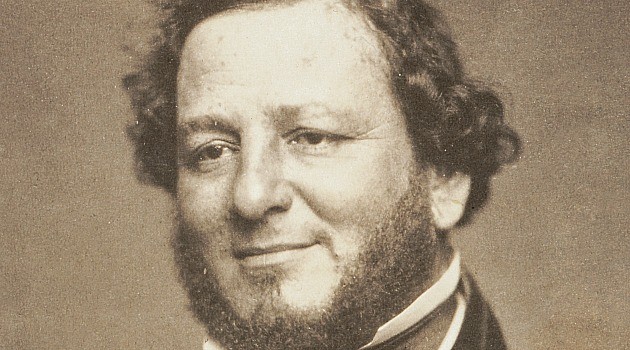
The 150th anniversary of the abolition of slavery in the United States — Congress passed the Thirteenth Amendment in late January 1865 — comes at an fraught moment in the history of race relations.
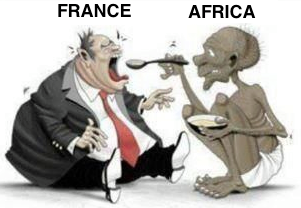
Africa-France-relationshipDid you know many African countries continue to pay colonial tax to France since their independence till today!
Azealia Banks is known for being vocal when it comes to issues that are important to her. She’s been making headlines recently because of her beef with Iggy Azalea and T.I. and her thoughts on how hip-hop is being compromised by cultural smudging.
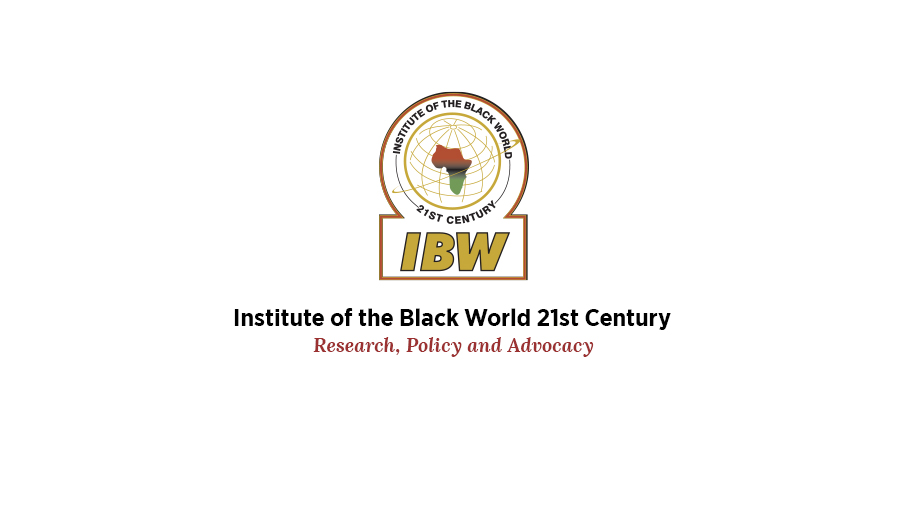
New York, Jan. 3, 2015…The New York-based Institute of the Black World 21st Century (IBW) today announced that the organization will host the CARICOM Reparations Commission’s next meeting April 9-12 in New York. The…
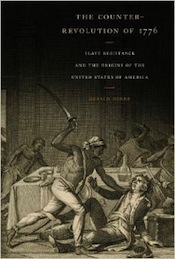
Gerald Horne’s The Counter-Revolution of 1776 was overlooked by most liberal media when it was published last spring, but it really can be considered one of the more notable books of 2014. It is actually a very short but dense and abundantly sourced book, original and broad in its scope—in many ways a magisterial work.
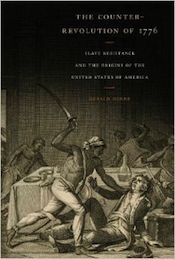
Gerald Horne’s The Counter-Revolution of 1776 was overlooked by most liberal media when it was published last spring, but it really can be considered one of the more notable books of 2014.














